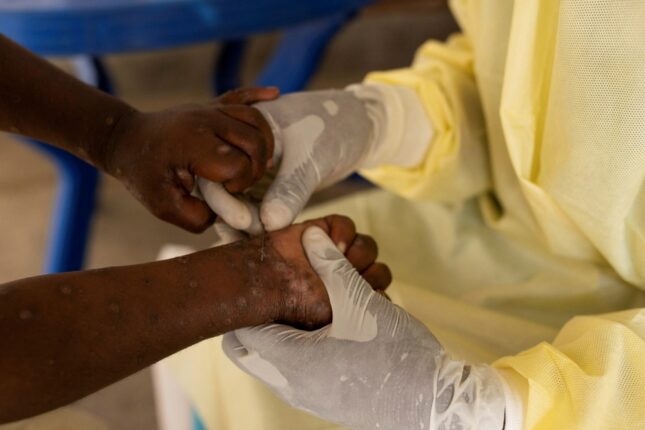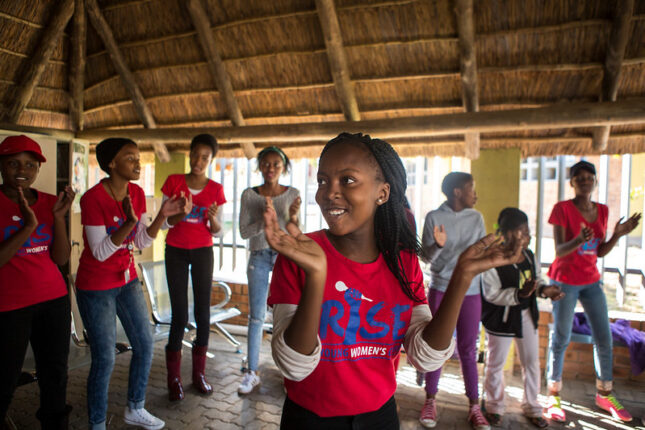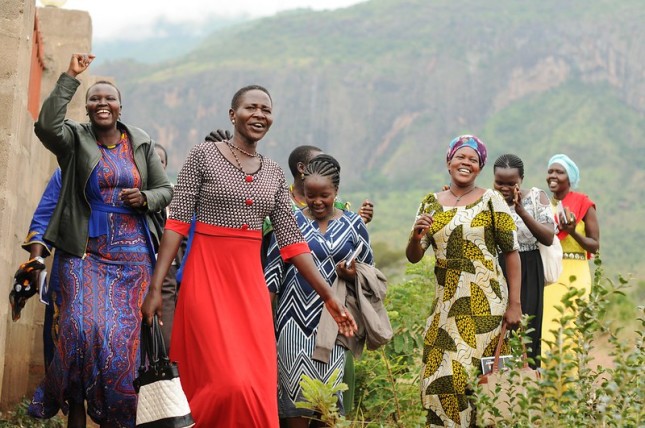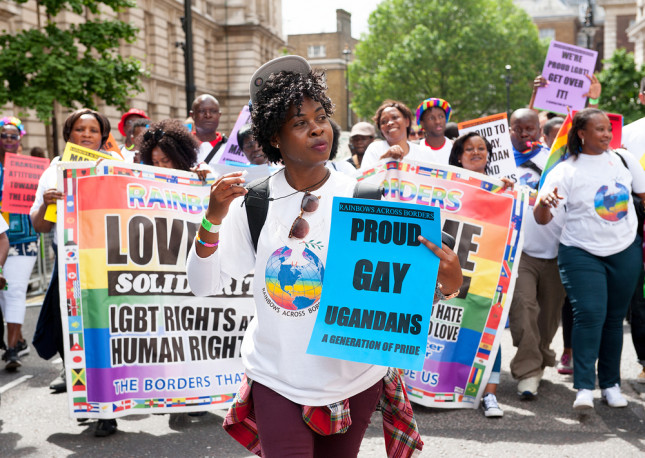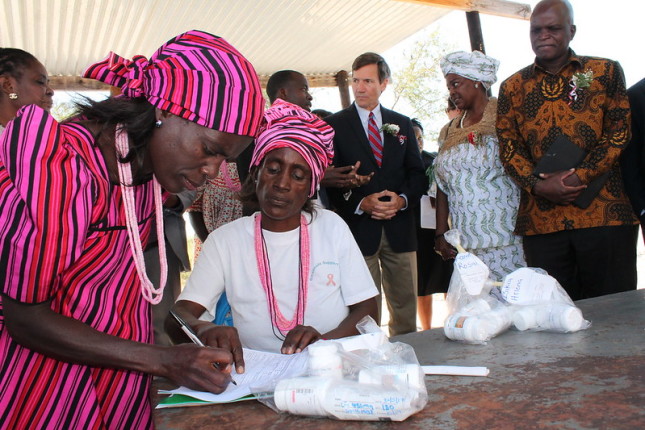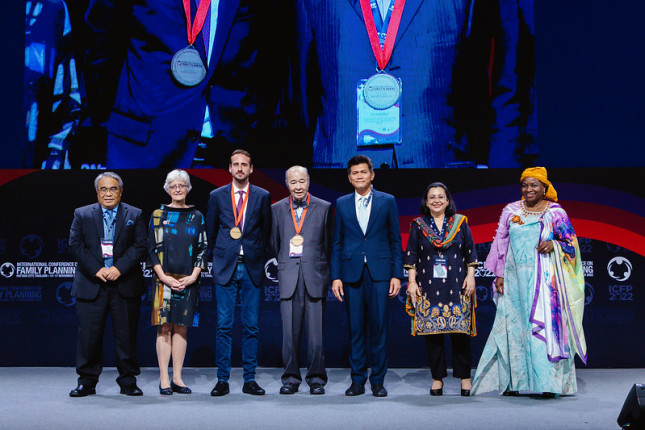-
World AIDS Day: Center Women and Girls to Eradicate AIDS
›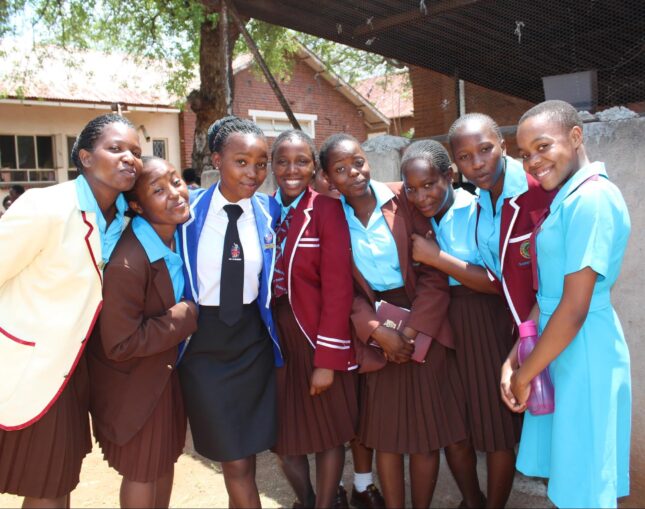
Over the last four decades, contracting HIV has been transformed from a fatal diagnosis to a manageable chronic illness. Political will and financial commitments have reduced new HIV infections worldwide by 39 percent since 2010. However, much work still is needed to meet global targets of preventing new cases of HIV and reducing AIDS-related deaths. Marginalized communities, including women and girls, face countless barriers which hinder progress towards comprehensive HIV prevention across the planet.
-
Mpox and the Question of Pandemic Preparedness
›
Two years ago, the World Health Organization (WHO) declared a public health emergency after a multi-country outbreak of mpox (formerly known as monkeypox). Now, in the summer of 2024, mpox is on the rise again. On August 14, The WHO declared a new public health emergency due to a recent outbreak in the Democratic Republic of the Congo (DRC) and other African countries.
-
New Injectable Promises Complete Protection from HIV for Young Women
›
Last month, the biopharmaceutical company Gilead shared groundbreaking results from a recent clinical trial (PURPOSE1) for long-acting injectable HIV prevention. The twice-yearly injectable drug, lenacapavir, provided total protection from HIV for a test group of 2,134 women in Uganda and South Africa. While lenacapavir has been used to treat multi-drug resistant HIV since 2022, this trial marks the first usage as pre-exposure prophylaxis (PrEP). PrEP is one tool to prevent the virus, and refers to anti-retroviral medication taken by people who do not have HIV to reduce the risk of contracting it through sexual transmission or injection drug use. These new findings offer immense promise for the future of PrEP as a global tactic to protect young women from contracting HIV.
-
Connecting the Dots to Gender Equality and Empowerment
›
“Women’s ability to access education, pursue a career outside the home, or participate politically often hinges on their ability to exercise control and autonomy over their own bodies and reproduction,” said Sarah Craven, Director of the North American Representation Office at UNFPA at a recent Wilson Center event, hosted in partnership with Population Institute, to launch their new report, Connecting the Dots: Sexual and Reproductive Health and Rights as Prerequisites for Global Gender Equity and Empowerment.
-
Uganda’s Anti-Homosexuality Act: Criminalization’s Impact on HIV and AIDS Response
›
Four months ago, the resident medical officer at the HIV and AIDS clinic in Kampala, Uganda reported that the clinic treated up to 50 patients a day. Now, the clinic is relatively empty, and supplies of antiretroviral therapy (ART) pile up, unused.
-
Sustaining PEPFAR’s Success through Integration, Equity, and Inclusion
›
It has been two decades since President George W. Bush launched the U.S. President’s Emergency Plan for AIDS Relief – or PEPFAR, and a recent Wilson Center event to celebrate the anniversary demonstrated that its impact as one of the most successful global public health programs is indisputable. Since its inception, PEPFAR has invested more than $100 billion in the global fight against HIV and AIDS, resulting in more than 25 million lives saved and millions of new infections prevented.
-
Planning, Pleasure, and Progress: How ICFP 2022 Advanced the Family Planning Dialogue
›
The sixth International Conference on Family Planning (ICFP) held in Pattaya, Thailand in November 2022 offered an important reason for celebration: tens of millions more people are using a modern method of family planning now than were doing so when the first ICFP was held in London ten years ago. How has this happened? One key reason is that governments, corporations, non-governmental organizations, and donors globally are taking steps to advance reproductive freedom through providing voluntary family planning.
-
Decolonising Sex Education
›
We should be outraged by sexuality education’s colonialist connections. As a researcher and trainer based in the UK, I see how deeply blatant colonialist influences run in the field of sex education. The British empire was obsessed with the sexualities of their subjects and imagined their societies to be exotic licentious places where upper class British men could live out illicit fantasies. Yet, at the same time, these societies were deemed to be wells of immorality that needed Victorian moral education. These dual imaginaries were used to justify colonialism itself as a force to civilize non-western bodies and sexualities, and remain as ideas which echo in more contemporary discourses around controlling population and HIV.
Showing posts from category HIV/AIDS.


